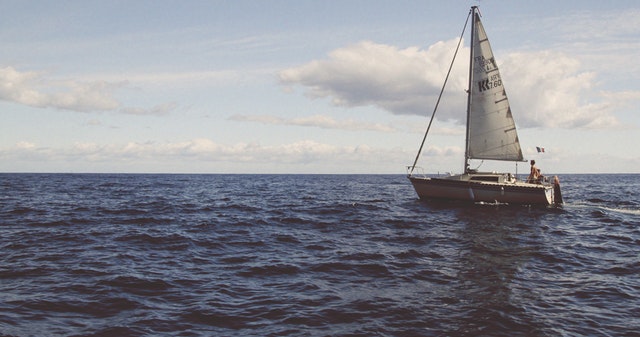
As the temperature outside heats up, the best place to be is the water. Whether you’re taking a fishing trip with friends or spending a long holiday weekend relaxing with your family, there are certain rules you’ll need to follow before heading out on the open water. Not only will these requirements keep you from getting a ticket that comes with a costly fine, but it will also help protect everyone on board.
Before you hit the water this summer, here are a few tips to make your boating experience enjoyable but safe this summer. Don’t forget to look at our Marine Insurance policies!
Check Local Laws
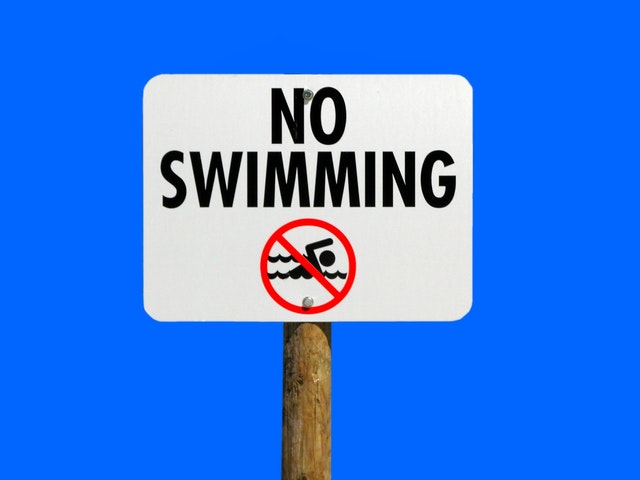
If the boat you’ll be operating has a motor, you must get a Pleasure Craft Operator Card (PCOC), which involves taking a BOATsmart! Course. The course costs $49.95 per boater, but you can get a discount if you group up with friends or family members and take the course together.
In addition to preparing you for the exam to get your license, this course will also give you the information you need to protect yourself and your passengers.
Equip Your Boat
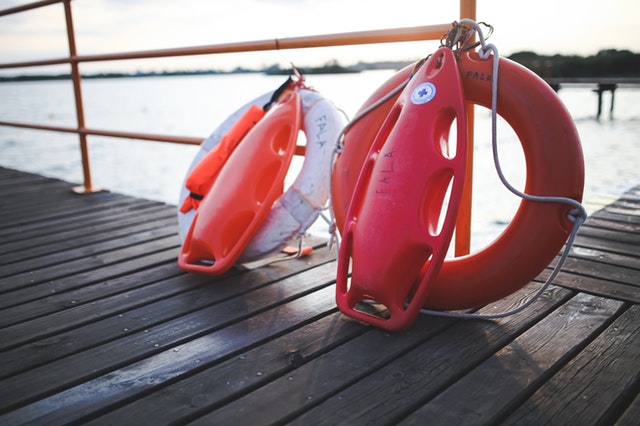
In case you’re stopped on the water, you’ll also want to make sure your onboard safety equipment is in good working order. At minimum, you must have one lifejacket or personal floatation device (PFD) for each person on board, one re-boarding device such as a ladder, and a buoy heaving line. You must also have a watertight flashlight, a manual propelling device like an oar, a sound-signaling device, and a 5BC fire extinguisher.
Requirements are stricter for larger sailboats and power boats, however, so it’s important to know the requirements specific to your watercraft.
Limit Alcohol Consumption
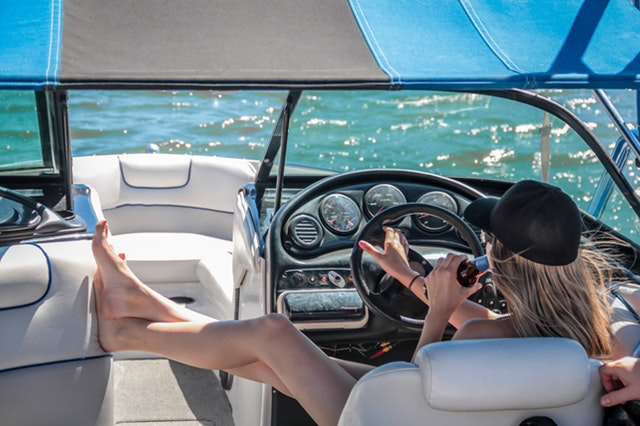
Just like driving, boating under the influence comes with serious consequences. If you’re caught drinking while operating a water vessel, you’ll be fined at least $600 for the first offence, escalating to a minimum $600 fine and 14 days in prison for the second offence, and $600 minimum and 90 days or more in prison for the third offence.
If you want to drink, you’ll need to make sure your boat is anchored or secured to a dock, and it must have permanent sleeping, cooking, and bathroom facilities.
Practice Onboard Safety
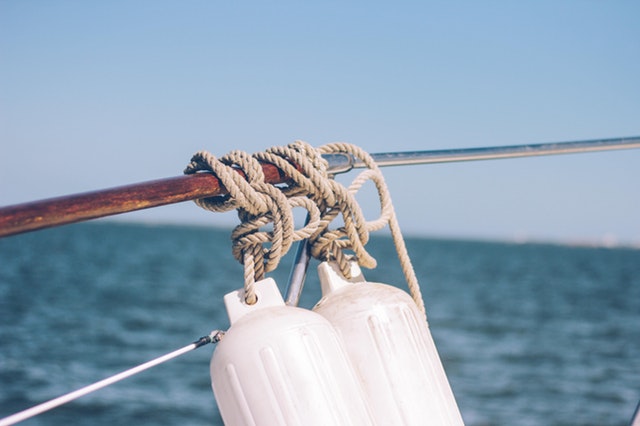
The rule should always be safety first when it comes to life aboard your boat. You’ll be safest if you have everyone on board wear life jackets at all times. You should also be aware of regulations prohibiting children under the age of 12 to operate motorized vessels without direct supervision. Lastly, stop to consider every possible emergency before heading out on the water. If your boat malfunctions, do you have a plan in place? A marine radio is the best way to ensure communication on waterways, since you can’t rely on a cell phone tower at all times. In an emergency, use VHF radio channel 16 and use the word “Mayday” to signal that you need emergency assistance.
You can have a summer to remember on your boat, but you’ll breathe easier if you know you’re fully compliant. With a little advanced preparation, you can fully stock your boat with the supplies you’ll need in an emergency. If you have children on board with you, you’ll particularly want to ensure you have a plan in place to keep you safe if something should happen during your travels.
